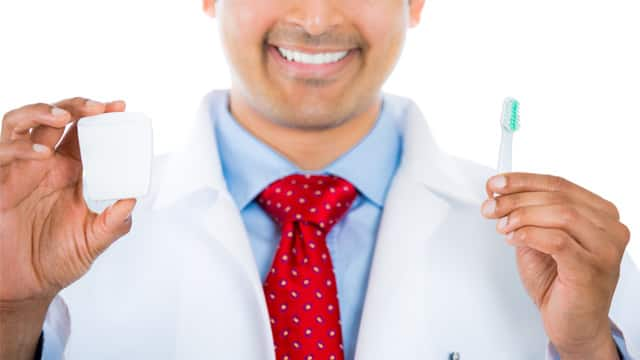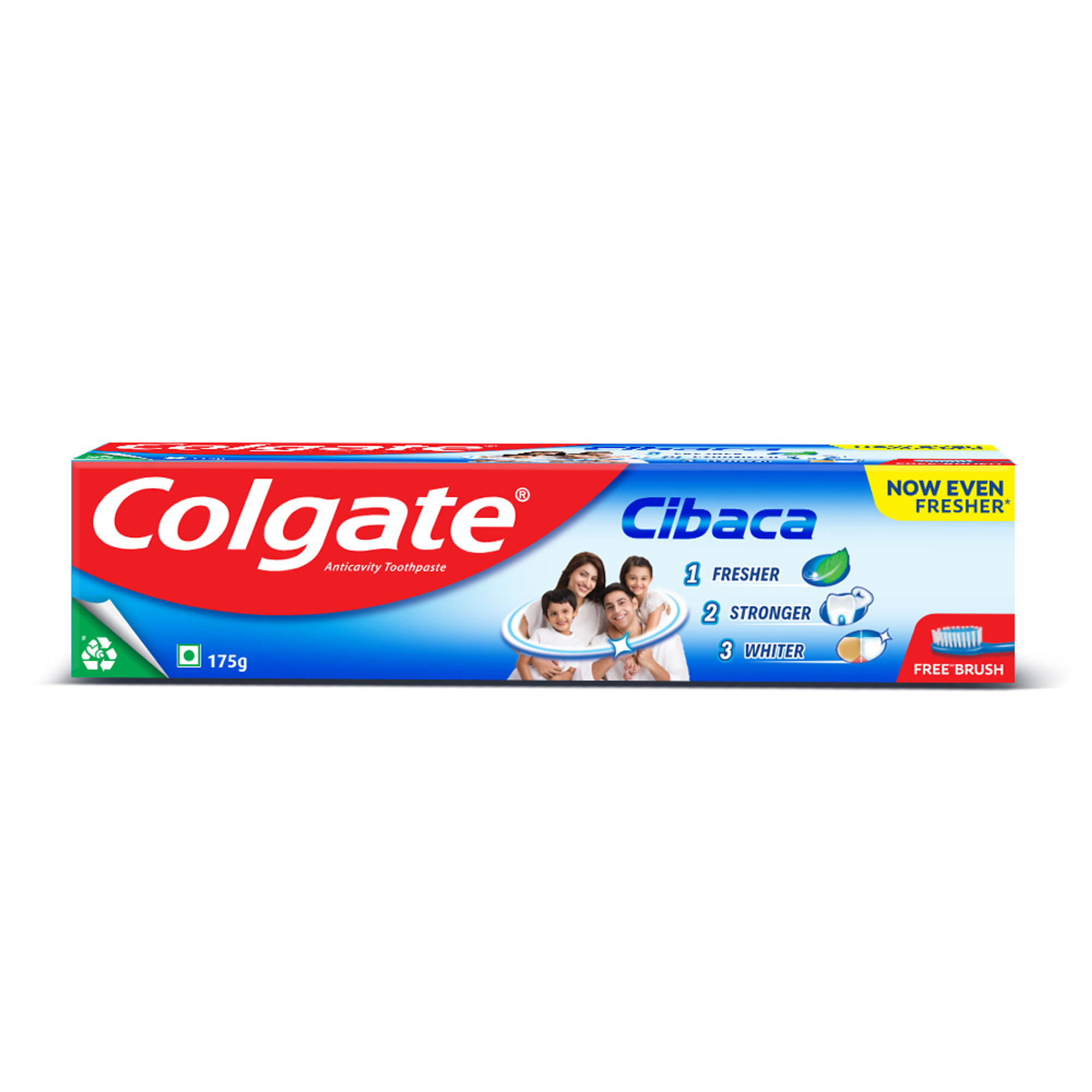Bacteria and Tooth Decay
To understand why your dentist might prescribe antibiotics for a toothache, you must first understand how bacteria contribute to tooth decay and toothaches. Without regular, twice-daily brushing with proper technique, the bacteria in your mouth can grow and turn the foods you eat into acid that then gets deposited on your teeth. This promotes cavity formation and tooth decay. The Indian Dental Association warns that sugar containing foods increases plaque formation and extends the length of time that bacterial acid production can occur, therefore you should reduce your sugar intake. The Journal of Pharmaceutical Sciences and Research explains that dental caries, otherwise known as tooth decay, is one of the most popular diseases among the people. In dental caries the most common bacteria found are Streptococcus mutants and Streptococcus sanguis.
Common Toothache Causes and Treatments
When bacteria break down a tooth's surface, forming a cavity, the inner chamber of the tooth becomes vulnerable. This inner chamber contains the nerves that supply your tooth with sensation. When bacteria reach this chamber, it can be painful and lead to more severe dental problems that may require antibiotic treatment.
There can be many causes for a toothache. According to the Indian Dental Association, toothache or tooth pain is caused when the nerve root of a tooth is irritated. Dental (tooth) infection, decay, injury, or loss of a tooth are the most common causes of dental pain. Having a cavity in a tooth does not necessarily mean that you will need antibiotics. The Indian Dental Association explains that tooth decay is also called cavities. It’s caused by the breakdown, or “destruction,” of the tooth enamel. Treatment for tooth decay depends on how bad it is. You may be able to reverse slight tooth decay by using fluoride. To fix cavities caused by mild tooth decay, your dentist will fill the cavities. When a tooth infection reaches the nerve of the tooth, it may require a root canal and a protective cover to seal bacteria out of the tooth. Additionally, if a tooth is so broken down by a cavity that it can't be repaired, the dentist may need to extract the tooth.
When Does a Toothache Require Antibiotics?
When the dental infection is severe or impacts the gum around an erupting tooth, your dentist may recommend antibiotics. For instance, pericoronitis is an infection in the gum tissue. The Indian Dental Association describes pericoronitis as one of the rare form of gingivitis. Pericoronitis is inflammation of gums around wisdom tooth. Patients with this condition may be given antibiotics as part of their treatment.
Additionally, if your dentist notices signs of a dental abscess‚ a tooth infection that can develop from an untreated cavity, they may recommend antibiotics.
Taking Antibiotics for Oral Infections
One of the common antibiotic for dental infections includes penicillin or amoxicillin. The Indian Dental Association notes that antibiotics are powerful medicines that fight bacterial infections. The antibacterial activity of beta lactam antibiotics ranges from narrow spectrum to wide spectrum. Clindamycin is also a commonly prescribed alternative for those allergic to penicillin. Your dentist will be sure to identify the right dose and duration of medication for your particular situation. Because over-prescription of antibiotics can sometimes lead to more resistant strains of bacteria, your dentist will also take antibiotic resistance into consideration when they prescribe your dose, as the ADA explains.
It's important to take the full course of pills exactly as your dentist prescribes for the best outcome. Just remember, even if the pain resolves, you'll likely still need further treatment to fully restore your tooth.
Toothache Prevention
There are many ways to prevent a toothache, the National Health Portal of India explains that Cavities commonly called as “Tooth decay” is damage to the outer protective layer. As the decay extends, it leads to various dentals issues including toothache. To prevent it you can take following steps:
- Good oral hygiene is the first step to prevent tooth decay. Brush with fluoride toothpaste twice daily.
- Clean between your teeth using floss or an interdental cleaner. Limit sugary snacks between meals and also limit added sugars and high-acid foods.
- Avoid foods that get stuck in grooves and pits of teeth or brush /rinse soon after eating them. Rinse your mouth thoroughly after meals.
- Chew sugar-free gum with xylitol, which can promote salivary flow. Whenever possible, drink some tap water as public water supplies have added fluoride, which help in reducing tooth decay significantly. Make regular visits to dentist to identify tooth decay.
You can take steps to help prevent cavities and tooth infections. However, if you already have one, know that your dentist has your best interests in mind if they prescribe you antibiotics for a toothache.
This article is intended to promote understanding of and knowledge about general oral health topics. It is not intended to be a substitute for professional advice, diagnosis or treatment. Always seek the advice of your dentist or other qualified healthcare provider with any questions you may have regarding a medical condition or treatment.
ORAL HEALTH QUIZ
What's behind your smile?
Take our Oral Health assessment to get the most from your oral care routine
ORAL HEALTH QUIZ
What's behind your smile?
Take our Oral Health assessment to get the most from your oral care routine













